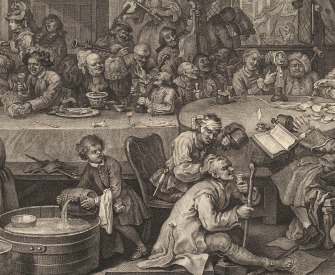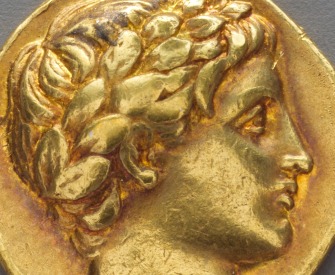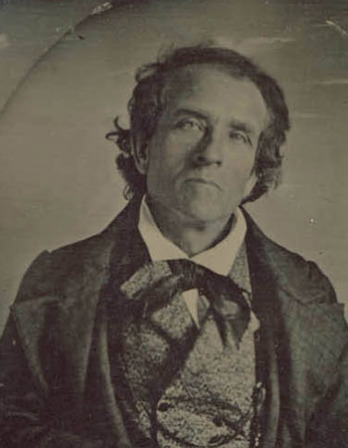One of the twelve disciples, called Judas Iscariot, went to the chief priests and said to them, “What will you give me, and I will deliver him to you?” And they covenanted with him for thirty pieces of silver. And from that time he sought opportunity to betray him.
On the evening of the Passover, while Jesus spoke, Judas came, and with him a great multitude with swords and staves, from the chief priests and elders of the people. Now he that betrayed him gave them a sign, saying, “Whomsoever I shall kiss, that same is he: hold him fast.” And forthwith he came to Jesus and said, “Hail, master,” and kissed him. And Jesus said to him, “Friend, why have you come?” Then came they and laid hands on Jesus and took him.
In that same hour said Jesus to the multitudes, “Will you come out as against a thief with swords and staves to take me? I sat daily with you teaching in the temple, and you laid no hold on me.” But all this was done. Then all the disciples forsook him and fled.
When the morning came, all the chief priests and elders of the people took counsel against Jesus to put him to death. And when they had bound him, they led him away and delivered him to Pontius Pilate, the governor. Then Judas, who had betrayed him, when he saw that he was condemned, repented himself, and brought again the thirty pieces of silver to the chief priests and elders, saying, “I have sinned in that I have betrayed the innocent blood.” And they said, “What is that to us? See you to that.”
And he cast down the pieces of silver in the temple and departed, and went and hanged himself. And the chief priests took the silver pieces, and said, “It is not lawful to put them into the treasury, because it is the price of blood.” And they took counsel, and used them to buy the potter’s field, to bury strangers in.
From the Gospel According to Matthew. Based on its numerous references to the Old Testament and Jewish prophecies, scholars have postulated that this gospel was intended for a Jewish readership. The first book of the New Testament, it contains some of Jesus’ best-known and most radical sayings, among them: “Whoever shall smite you on your right cheek, turn to him the other also”; “I say to you that whoever looks on a woman to lust after her has committed adultery with her already in his heart”; and “Blessed are the meek, for they shall inherit the earth.”
Back to Issue





